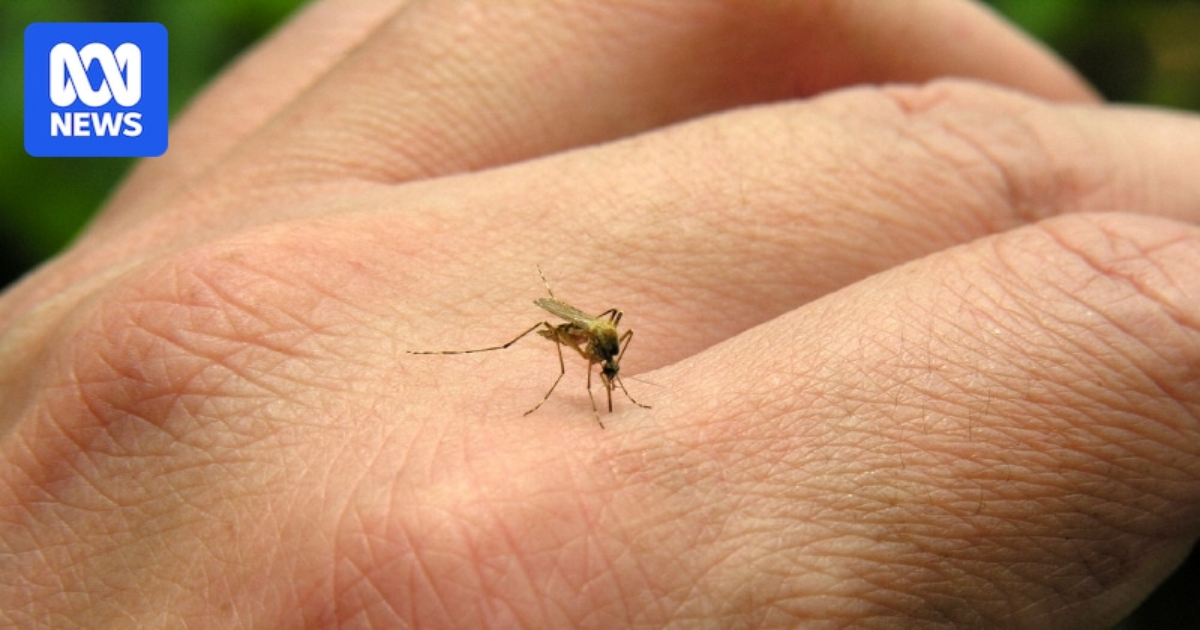Over 7,000 cases of the mosquito-borne virus chikungunya have hit several cities in the south of China.
The World Health Organization warned in July that a major chikungunya virus epidemic risked sweeping around the globe, calling for urgent action to prevent it.
The outbreak began in China in late July with most of the cases in the Shunde district in Foshan.
There are currently no travel warnings or notices related to the virus in place from the Australian government.
Here’s what you need to know about the virus and the current outbreak.
What is chikungunya?
Chikungunya is a virus spread by bites from infected mosquitoes, according to federal government website, healthdirect.
The virus is carried by the dengue mosquito and the Asian tiger tosquito.
It cannot be passed from person to person and is instead spread by infected female mosquitoes, which normally bite during daylight hours.
Chikungunya outbreaks mostly occur in South-East Asia and parts of Africa.
The virus was first identified in Tanzania in 1952. It then appeared in other countries in sub-Saharan Africa and South-East Asia.
To date, it has been reported in more than 110 countries.
What are the symptoms of the chikungunya virus?
Symptoms tend to appear in 3 to 7 days after a bite from an infected mosquito.
The most common symptoms are:
- joint pain
- joint swelling and stiffness
- fever
Other symptoms include:
- muscle pain
- headache
- a rash on your body and limbs
- nausea
- fatigue
Is there chikungunya in Australia?
Australians are most likely to get the virus while they are travelling overseas in areas such as:
- Africa
- the Indian subcontinent
- South-East Asia
- the Pacific region
- the Caribbean
Mosquitoes able to carry chikungunya can be found in northern Queensland and the Torres Strait, but the disease has not been detected in mosquitoes in Australia yet.
How serious is chikungunya?
It is rare to die from chikungunya.
Chikungunya can be more serious for people over 65 years of age, those with high blood pressure, diabetes or heart conditions, and newborn babies.
What is the treatment for chikungunya virus?
There is no specific treatment for chikungunya but you can take pain-relief medications to help with joint pain.
Most people get better without treatment.
If you have chikungunya, it is important to avoid mosquito bites while you have a fever.
This is to avoid passing the infection to another mosquito, which could then spread the virus to other people.
Can chikungunya be prevented?
Two chikungunya vaccines have been approved for use in some countries, including the US and the UK, but they are not widely available or in widespread use.
Currently, the US is recommending vaccination for travellers visiting the Guangdong province and the UK says vaccination could be considered for certain people.
Neither vaccine is available in Australia.
You can reduce the risk of infection by avoiding mosquito bites with these measures:
- Close windows or cover them with mosquito nets or screens
- Stay in screened rooms and use bed nets treated with insecticide when travelling
- Wear loose-fitting, light-coloured clothing, long trousers and closed-in shoes
- Use insect repellent containing DEET (diethyltoluamide) or picaridin
- Avoid or remove anything where water can lie still, such as leaf litter, debris and containers, as mosquitoes breed in water.
What is China doing to stop the spread?
The Chinese government is taking similar precautions to those during the COVID-19 pandemic, and keeping patients isolated in hospital beds covered by mosquito nets, while conducting home visits to check there is no stagnant water lying around.
The Chinese Center for Disease Control and Prevention has issued advice on how to prevent chikungunya virus and dengue fever, a similar disease also spread by mosquitoes.
Physical protection barriers, such as screen doors, mosquito nets and mosquito repellent on exposed skin, were recommended.
It said that the epidemic was “imported”, without specifying from where.
The Chinese agency also called for people who have symptoms such as fever, rash and joint pain to see a doctor.
The US Centers for Disease Control and Prevention said it was planning to issue a travel notice for China as chikungunya cases rose. For now, it is recommending vaccination and advising pregnant people to reconsider travel to affected areas.
Given the virus is not widely experienced in China, there has been some panic but officials say most cases have been mild so far, AP has reported.
Local media reports said on Thursday that local authorities had almost doubled the number of mosquito-proof isolation beds to 7,220 to meet the growing demand.
Authorities in Guangdong are urging residents to make sure there is no standing water in their homes, such as in flowerpots, coffee machines or spare bottles.
The Health Commission in Foshan stated on Thursday that a fine of up to 10,000 yuan ($2,163.05) could be applied if violations were found.
The Beijing CDC said on Tuesday that the city occasionally experienced imported cases of chikungunya fever.
